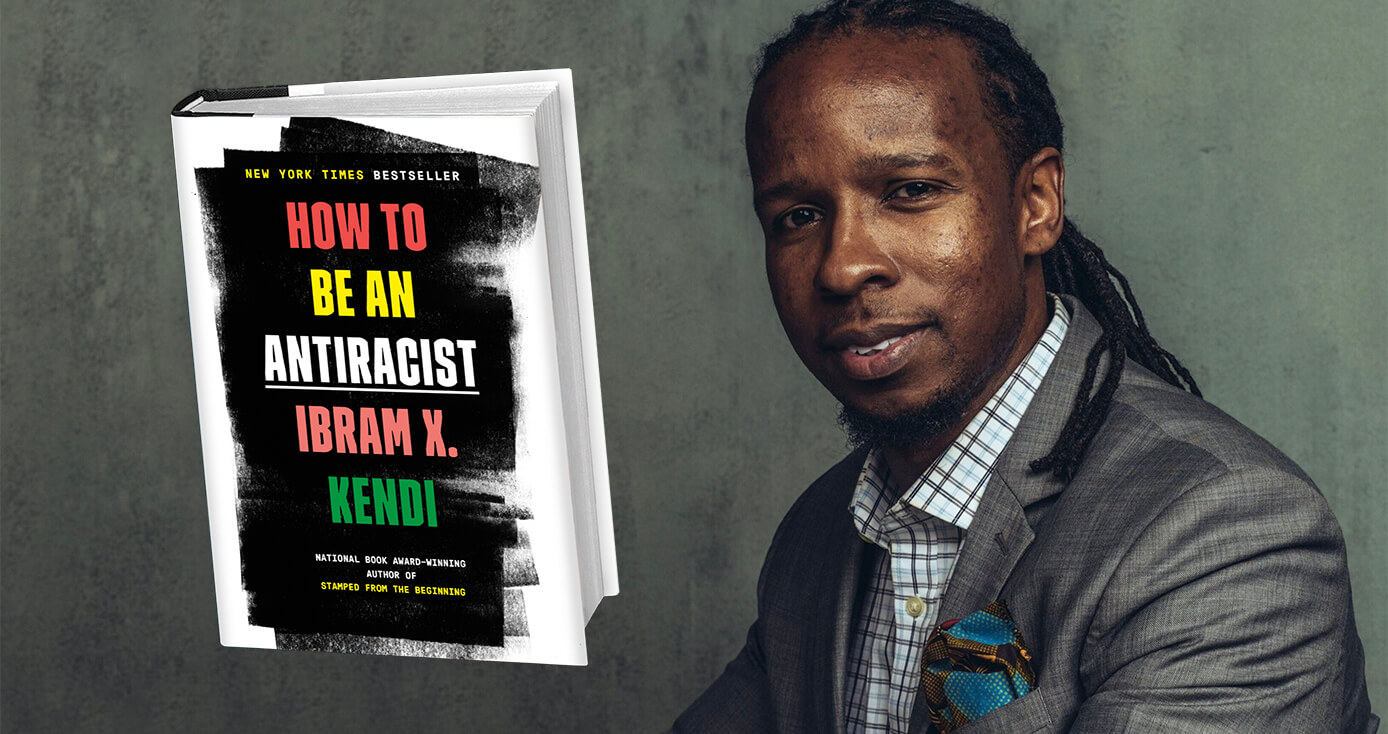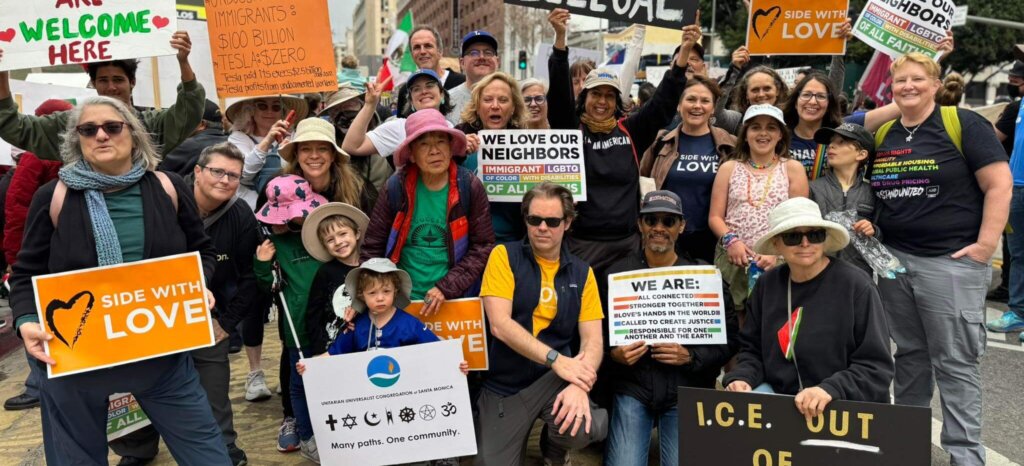This winter, the Peace & Social Justice Committee offers another opportunity to read and discuss Dr. Ibram X Kendi’s “How to be an Antiracist.” Last year’s acclaimed New York Times #1 Bestseller was our guide for several sessions of provocative, important learning and dialogue in early 2020. In the time since, our country has been roiled by more violence, protests, and a renewed call to confront systemic racism. This instructive volume has solidified its place as something of a “common read” to understand both racism and anti-racism today. This is a chance for more UUSM members and friends to join us as we reconvene to review Dr. Kendi’s lessons and apply them to what we have seen and experienced during this difficult year.
Ibram Kendi is a professor of history and international relations and founder of the Antiracist Research and Policy Center at American University, along with a new center at Boston University. He became the youngest winner of the National Book Award for his previous work, “Stamped From the Beginning: The Definitive History of Racist Ideas in America.” In “How to be an Antiracist,” he argues that a redefinition of terms — focusing on policies rather than attitudes and feelings — is in order if we are to properly confront the historical legacy and enduring oppressive systems of racism. Drawing on his personal story of struggle and awakening, he writes that “being an anti-racist requires persistent self-awareness, constant self-criticism, and regular self-examination.”
The Faith In Action: Peace & Social Justice Committee undertakes this study as part of ongoing work we have been doing for many years. Study groups such as this (following texts like “The New Jim Crow,” “This Changes Everything,” “The Third Reconstruction,” “Justice on Earth,” and “White Fragility”) help us, together, to seek knowledge and grow in our understanding of how systemic racism continues to shape our society. Growing our knowledge and understanding, in turn, help us to bear witness and work for change as part of our congregation’s commitment to UU principles of love and justice.
Please join us for this important work!
Join us in virtual space Saturday, January 23 and Saturday, January 30, 3:00 – 5:00 pm, and Wednesday, February 3, 7:009 – 9:00 pm (Dates to be confirmed).
Please email justice@uusm.org for the Zoom link.
More Information from the Publisher
Ibram X. Kendi’s concept of antiracism reenergizes and reshapes the conversation about racial justice in America–but even more fundamentally, points us toward liberating new ways of thinking about ourselves and each other. Instead of working with the policies and system we have in place, Kendi asks us to think about what an antiracist society might look like, and how we can play an active role in building it.
In his memoir, Kendi weaves together an electrifying combination of ethics, history, law, and science–including the story of his own awakening to antiracism–bringing it all together in a cogent, accessible form. He begins by helping us rethink our most deeply held, if implicit, beliefs and our most intimate personal relationships (including beliefs about race and IQ and interracial social relations) and reexamines the policies and larger social arrangements we support. How to Be an Antiracist promises to become an essential book for anyone who wants to go beyond an awareness of racism to the next step of contributing to the formation of a truly just and equitable society.






